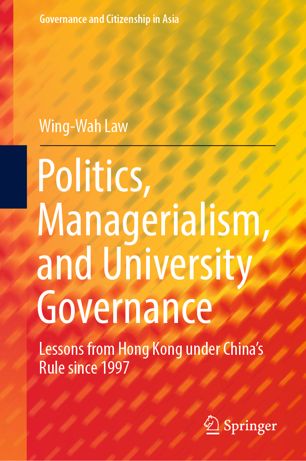

Most ebook files are in PDF format, so you can easily read them using various software such as Foxit Reader or directly on the Google Chrome browser.
Some ebook files are released by publishers in other formats such as .awz, .mobi, .epub, .fb2, etc. You may need to install specific software to read these formats on mobile/PC, such as Calibre.
Please read the tutorial at this link. https://ebooknice.com/page/post?id=faq
We offer FREE conversion to the popular formats you request; however, this may take some time. Therefore, right after payment, please email us, and we will try to provide the service as quickly as possible.
For some exceptional file formats or broken links (if any), please refrain from opening any disputes. Instead, email us first, and we will try to assist within a maximum of 6 hours.
EbookNice Team

Status:
Available5.0
24 reviewsThis book explores the interplay between politics, managerialism, and higher education, and the complex linkages between politics and public universities in Hong Kong. Since the mid-20th century, literature on the state, market, and higher education has focused on the state’s shifting role from the direct administration to the supervision of higher education, and its increased use of market and managerial principles and techniques to regulate public universities. However, very few studies have addressed the political influences on university governance produced by changing state-university-market relationships, the chancellorship of public universities, or students’ and academics’ civic engagement with regard to sensitive political issues.
The book examines both the positive and problematic outcomes of using market principles and managerialism to reform public higher education; questions the longstanding tradition of university chancellorship; explores the issue of external members holding the majority on university governing boards; probes into the dilemma of either relying on the system or a good chancellor and external members to preserve universities’ autonomy and academic freedom; and assesses the cost of students’ and academics’ civic engagement with regard to politically sensitive issues.